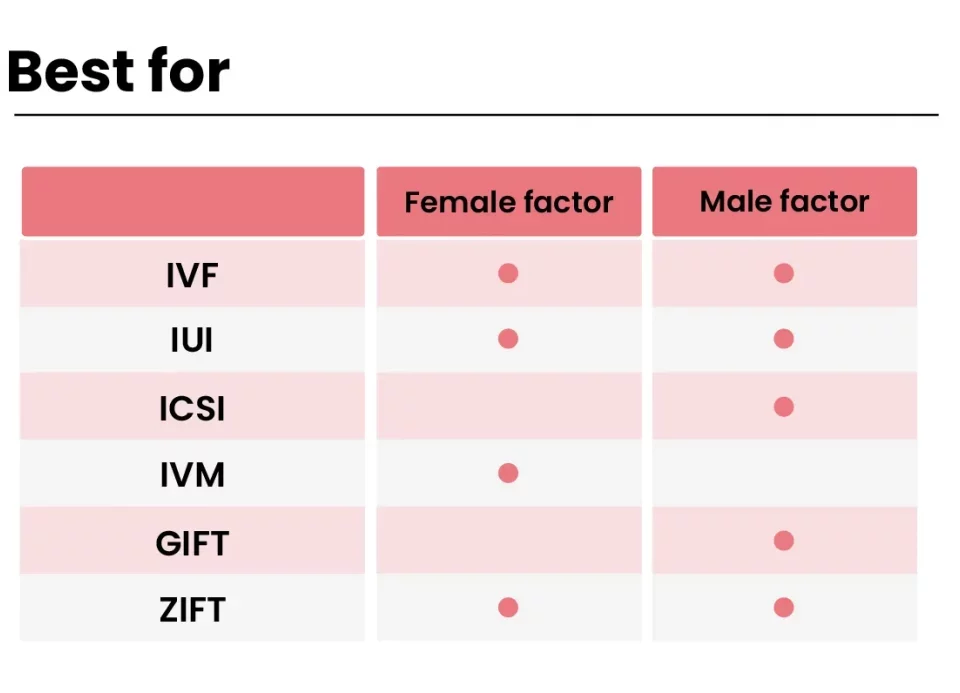
Can You Choose Your Baby’s Gender with IVF?
April 3, 2025
Does Blue Cross Blue Shield Insurance Cover IVF?
April 3, 2025Why Did Republicans Block the IVF Bill?
Why Did Republicans Block the IVF Bill?
In vitro fertilization (IVF) has been a lifeline for millions of families struggling with infertility, offering hope where nature alone isn’t enough. Yet, in 2024, Senate Republicans blocked a bill—the Right to IVF Act—that aimed to protect and expand access to this treatment nationwide. The decision sparked outrage, confusion, and a flurry of questions: Why would a party that often calls itself “pro-family” stand in the way of a procedure that helps people build families? What’s really going on here?
This isn’t just a political headline—it’s a story that touches real lives, from hopeful parents to doctors navigating a shifting legal landscape. In this deep dive, we’ll unpack the reasons behind the Republican block, explore the bigger picture of reproductive rights, and shine a light on angles you won’t find in every article. Expect fresh insights, practical takeaways, and a few surprises along the way—all written in a way that feels like a chat with a friend who’s done the homework.
The Basics: What Was the IVF Bill About?
The Right to IVF Act, introduced by Senator Tammy Duckworth in 2024, wasn’t a small proposal. It aimed to make IVF a federally protected right, ensuring no state could ban it outright. It also sought to make the treatment more affordable by requiring insurance plans—both private and public—to cover it. For military families and veterans, the bill included extra provisions to ease access, recognizing the unique challenges they face, like infertility caused by service-related injuries.
On paper, it sounds like a win for families. IVF is expensive—often $12,000 to $20,000 per cycle—and many Americans can’t afford it without help. The bill’s supporters argued it would level the playing field, giving more people a shot at parenthood. So why did Republicans, who blocked it not once but twice in 2024 (June and September), say no?
Reason #1: A Clash Over State Rights vs. Federal Control
One big reason Republicans blocked the bill boils down to a classic debate: Who should call the shots—states or the federal government? Many GOP senators argued that IVF laws should be left to individual states, not dictated from Washington, D.C. This isn’t a new stance for the party—it’s the same logic they used when Roe v. Wade was overturned in 2022, sending abortion decisions back to the states.
Take Senator Ted Cruz from Texas, for example. He co-sponsored a rival IVF bill with Senator Katie Britt that took a lighter touch: It would’ve cut Medicaid funding to states that ban IVF outright but stopped short of mandating federal protections or insurance coverage. Cruz called the Duckworth bill “overreach,” saying it forced a one-size-fits-all solution on a diverse country. For Republicans, keeping power local is a core belief, even if it means uneven access to IVF across state lines.
What Does This Mean in Real Life?
Imagine you’re in Alabama, where a 2024 Supreme Court ruling briefly halted IVF by declaring frozen embryos “children.” The state scrambled to pass a fix, but without federal protection, another court could disrupt access again. Now picture living in California, where IVF is more secure. The Republican stance means your ability to get treatment might depend on your zip code—a gamble not everyone’s willing to take.
The Data Behind It
A 2024 Gallup poll found that 82% of Americans view IVF as “morally acceptable,” cutting across party lines. Yet, nearly a dozen states have “fetal personhood” laws that could clash with IVF practices, like discarding unused embryos. Without a federal shield, families in those states face uncertainty, even if their leaders say they support IVF.
Reason #2: The Sticky Issue of Embryos and Religious Beliefs
Here’s where things get tricky. IVF isn’t just a medical procedure—it’s a lightning rod for ethical debates, especially among religious conservatives who make up a big chunk of the Republican base. The process often creates extra embryos, some of which are frozen, donated, or discarded. For groups like the Southern Baptist Convention, which formally opposed IVF in 2024, discarding an embryo is akin to ending a life.
This “personhood” debate isn’t new, but it exploded after the Alabama ruling. Republicans who back fetal personhood laws—like Senator Rick Scott of Florida—face a tough spot. Supporting IVF means greenlighting a process that might destroy embryos, which conflicts with their anti-abortion stance. Blocking the bill lets them avoid that contradiction, even if they publicly say they’re “pro-IVF.”
A Real-World Example
Meet Sarah, a 34-year-old from Texas. She and her husband used IVF to have their son after years of trying. They froze three extra embryos, unsure if they’d want more kids. When she asked her clinic about donating them to research, she learned some states might soon treat that as illegal if embryos gain legal rights. “It’s like we’re stuck in limbo,” she says. For families like hers, the Republican block keeps that uncertainty alive.
What Science Says
A 2023 study from the American Society for Reproductive Medicine found that 60% of IVF cycles involve creating multiple embryos, with about 20% discarded due to genetic issues or patient choice. This clash between science and belief is a fault line Republicans can’t easily bridge.
Reason #3: Political Strategy and Election-Year Games
Let’s talk politics. The IVF bill votes in June and September 2024 came months before a major election. Democrats, led by Senate Majority Leader Chuck Schumer, pushed the bill hard, knowing it might fail. Why? To paint Republicans as anti-family and anti-women—a narrative they could take to voters. Republicans, in turn, called it a “show vote,” arguing it was a trap to make them look bad rather than a serious fix.
Senator Mitt Romney put it bluntly: “It’s a messaging opportunity.” GOP leaders insisted they support IVF—just not this bill. They pointed to their own proposals, like Cruz and Britt’s, as proof. But Democrats shot those down, saying they were too weak to protect families from state-level bans or rising costs.
The Trump Factor
Donald Trump muddied the waters in August 2024, promising free IVF for all if elected—either through insurance mandates or government funding. It was a bold move, but Senate Republicans didn’t budge. Some worried about the cost (estimated at $7 billion annually by the Congressional Budget Office), while others saw it as clashing with their small-government roots. Trump’s words gave Democrats ammo to say, “See? Even your guy wants this!”—but the party didn’t follow his lead.
Interactive Quiz: Where Do You Stand?
Take a quick break and test your take:
- Question 1: Should IVF access be the same everywhere, or should states decide?
- A) Nationwide rules
- B) State control
- Question 2: Do you think embryos have the same rights as born kids?
- A) Yes
- B) No
- Question 3: Should insurance cover IVF?
- A) Definitely
- B) Only if it’s affordable for taxpayers
Share your answers with a friend and see how they stack up!
The Hidden Costs: What’s Not Being Talked About Enough
Most articles stop at politics and embryos, but there’s more to this story. Let’s peel back the curtain on three angles that deserve more attention.
1. The Economic Ripple Effect
IVF isn’t just about babies—it’s a $5.8 billion industry in the U.S., according

